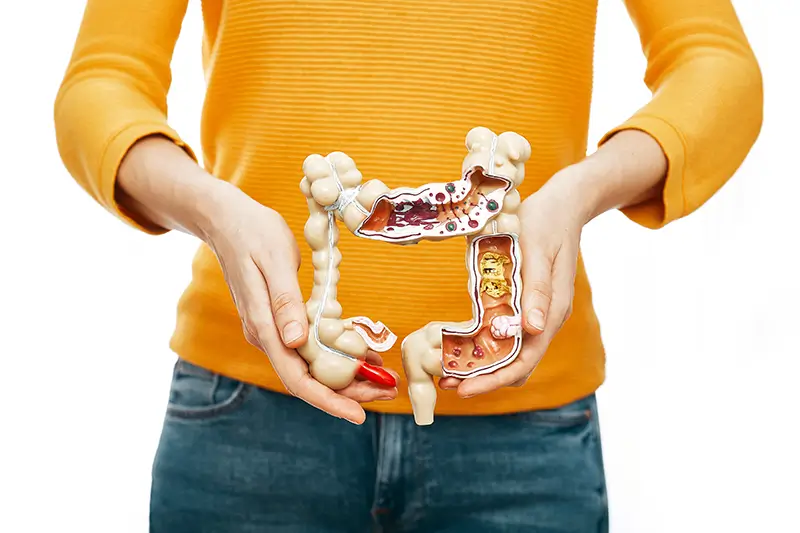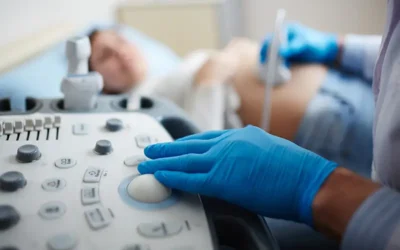It is very important to remain vigilant while coding and billing for Fecal Microbiota Transplant (FMT) since private payers and Medicare pay for this procedure differently. This procedure may be considered medically necessary with three or more recurrences of clostridium difficile infection (CDI). Limited published evidences and questions on safety, patient selection criteria and the optimal FMT protocol are the major reasons for this consideration. The American Gastroenterological Association has published a set of guidelines to properly code and bill for this procedure. To streamline the billing process and the overall revenue cycle, providers can utilize reliable medical billing services.
For Commercial Payers
The guidelines include coding and billing FMT donor and recipient procedures such as:
- First of all, the providers should report an appropriate level E/M code for the specimen collection.
- The relevant laboratory testing should be reported along with the diagnostic codes for testing the donor for infectious pathogens to exclude unsuitable specimens. The ICD-9 codes for laboratory testing performed on donor specimen are as follows:
- V01.9: Contact with or exposure to unspecified communicable disease
- V02.3: Carrier or suspected carrier of other gastrointestinal pathogens
- V73.89: Special screening examination for other specified viral diseases
- V73.99: Special screening examination for unspecified viral disease
- V74.5: Screening examination for venereal disease
- V74.9: Screening examination for unspecified bacterial and spirochetal diseases
- V75.8: Screening examination for other specified parasitic infections
- V75.9: Screening examination for unspecified infectious disease
- If the collected specimen is suitable for transplantation, then report it using the code 44705 (Preparation of fecal microbiota for instillation, including assessment of donor specimen). The preparation of the donor specimen is typically covered by the insurance unless otherwise specified by the payer. If the specimen is not suitable for transplantation, do not report this code. Do not report 44705 in conjunction with 74283 (Therapeutic enema, contrast or air, for reduction of intussusception or other intraluminal obstruction (e.g., meconium ileus)). The code 44705 is not valid for Medicare purposes and therefore this code can’t be used for reporting FMT for Medicare beneficiaries.
- The instillation of microbiota should be reported separately. Use the code 44799 for instillation of microbiota by oro-nasogastric tube or enema. If the instillation of microbiota is done through esophagogastroduodenoscopy (EGD) or colonoscopy, use the appropriate CPT code for upper gastrointestinal endoscopy or colonoscopy.
For Medicare
Only the donor specimen that is ultimately used for the treatment of the Medicare beneficiary can be billed in conjunction with instillation. The costs for screening donor specimen are not covered by Medicare. Beneficiaries may be at the risk of paying from their own pocket for screening. The physician may require providing an Advanced Beneficiary Notice of Non-coverage (ABN) Form to the donor and recipient beneficiary in this case.
Physicians are required to use the following HCPCS code to report FMT for Medicare reimbursement.
- G0455: Preparation with instillation of fecal microbiota by any method, including assessment of donor specimen
This HCPCS code includes the work of both preparation and instillation of the microbiota. Separate fee for the installation of the microbiota by oro-nasogastric tube, enema, or by upper or lower endoscopy is not covered by Medicare.
Medical Necessity
FMT may be considered medically necessary for the treatment of Clostridium difficile infection (CDI), when a stool test is positive for C. difficile toxin, for any of the indications given below.
- Recurrent or relapsing CDI which is defined as:
- Three or more episodes of mild to moderate CDI and failure of a 6-8 week taper with vancomycin with or without an alternative antibiotic (such as metronidazole, rifaximin, nitazoxanide or others) OR
- Two or more episodes of severe CDI resulting in hospitalization and associated with significant morbidity
- Moderate CDI not responding to standard vancomycin therapy for at least 1week
- Severe fulminant colitis from CDI that fails to respond to standard therapy after 48 hours
Physicians must submit appropriate documentation that proves the medical necessity of the procedure in order to avoid claim denials.




